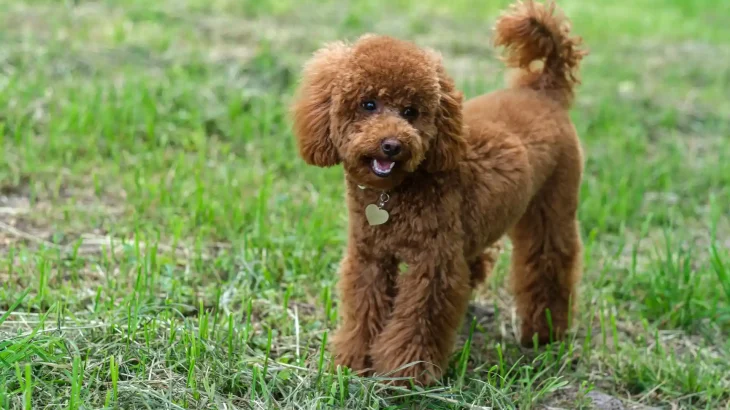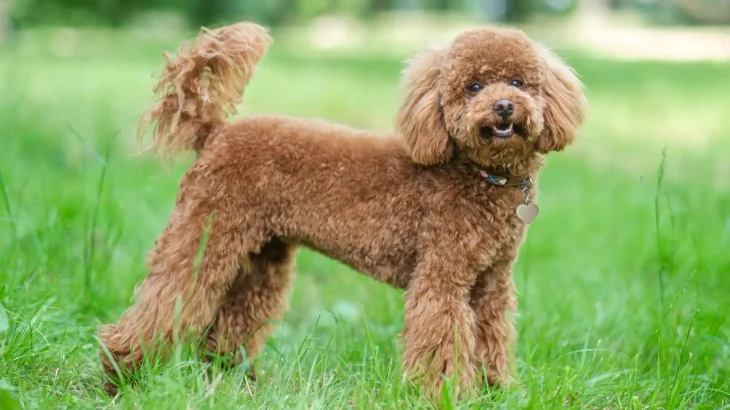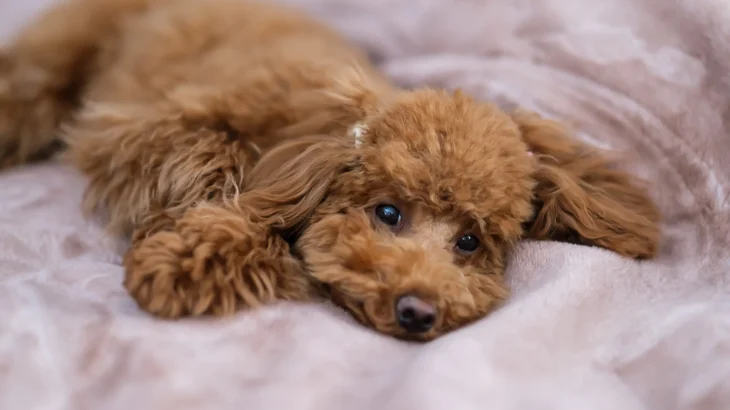When deciding to bring a Miniature Poodle puppy into your home, it's important to weigh the benefits of adopting versus purchasing. Adoption offers a chance to provide a loving home to a dog in need, often at a lower cost, while buying from a breeder can provide more insight into the puppy's health history and lineage. Each option has its own advantages depending on what matters most to you in a new furry friend.
Adoption vs. Breeder: Pros & Cons
| Criteria | Buying from Breeder | Adopting from Shelter/Rescue |
|---|---|---|
| Cost | Higher initial cost, often several hundred to a few thousand dollars depending on breeder reputation. | Generally lower adoption fees, usually ranging from $50 to a few hundred dollars, often including vaccinations and spaying/neutering. |
| Health History | Provides detailed health screenings and genetic history of puppy and parents. | Health records may be limited but shelters typically perform basic health checks. |
| Age Availability | Primarily puppies, allowing you to raise from a young age. | Variety of ages available, including adults and seniors, offering more options. |
| Temperament Insight | Breeders can share lineage temperament traits and early socialization info. | Shelter staff can offer behavior insights based on observation but full history may be unknown. |
| Ethical Considerations | Supports responsible breeding when choosing reputable breeders; however, risk of unethical breeding exists. | Supports animal welfare by rescuing dogs in need and reducing shelter overcrowding. |
| Breed Purity & Pedigree | Usually comes with pedigree papers ensuring breed purity. | Breed purity might not be guaranteed; mixes are common but purebreds are sometimes available. |




















































